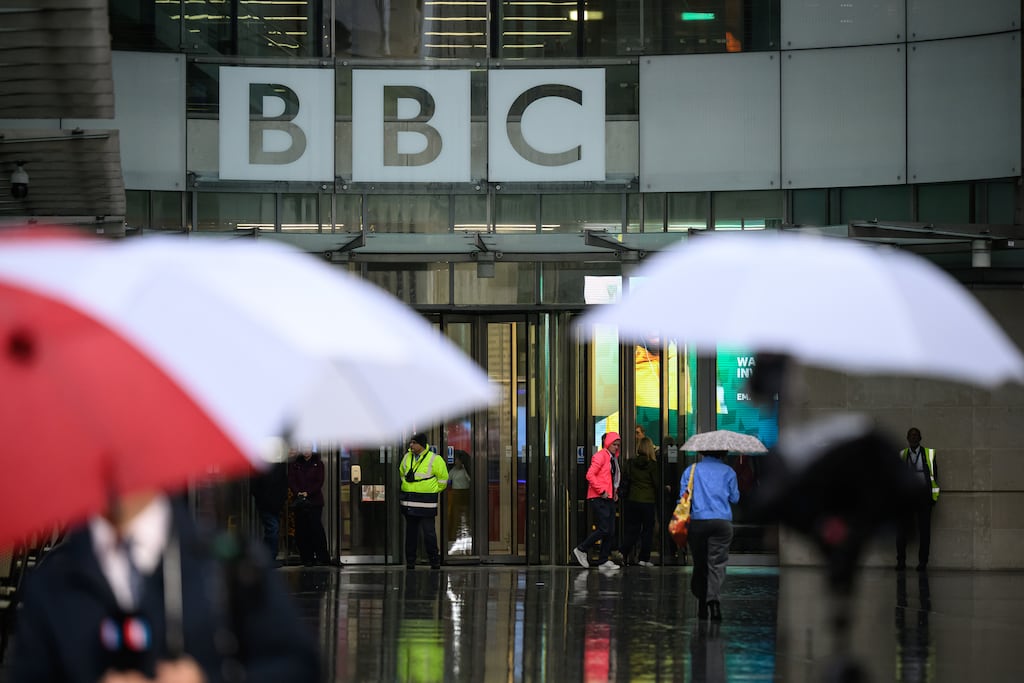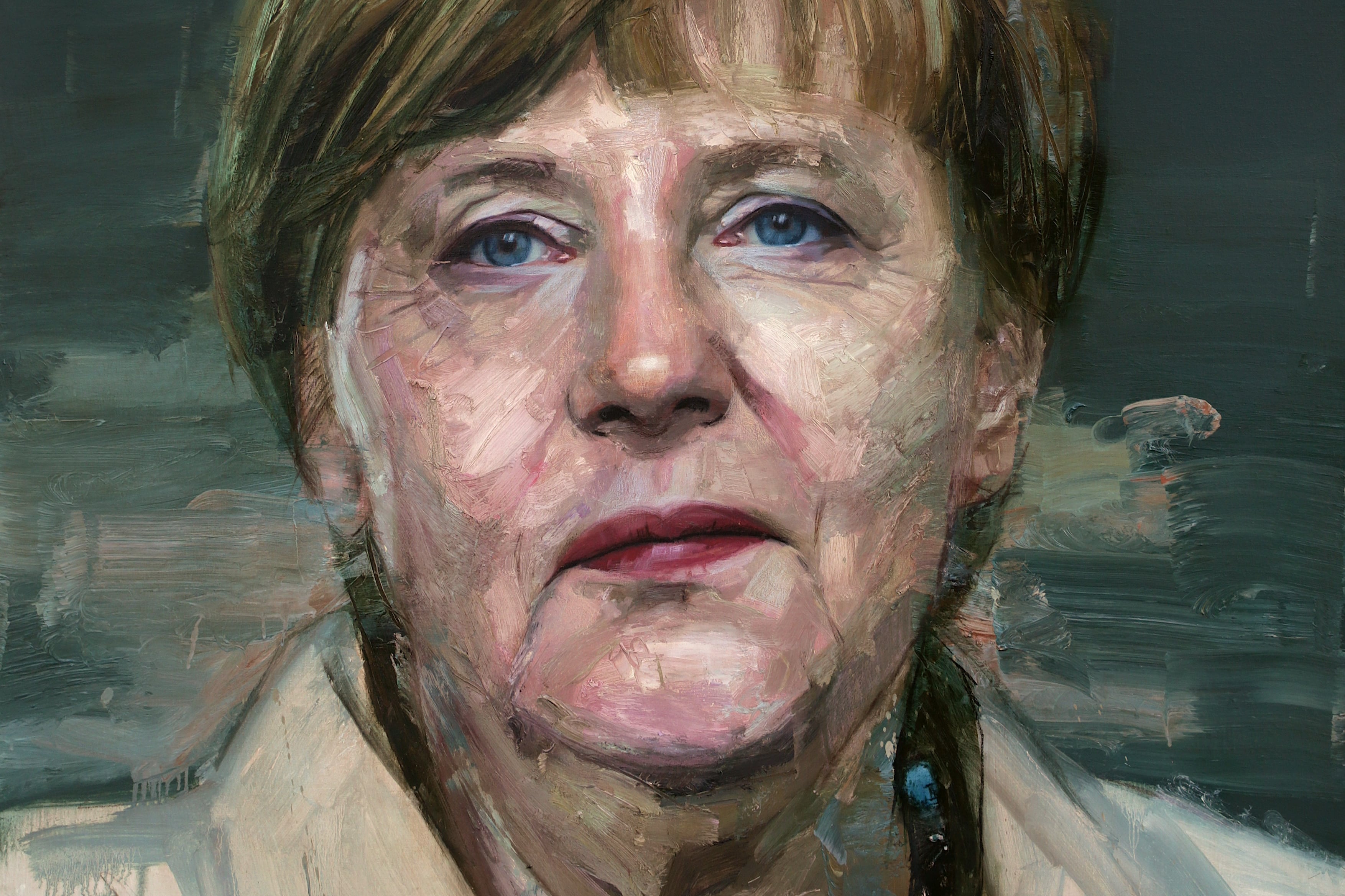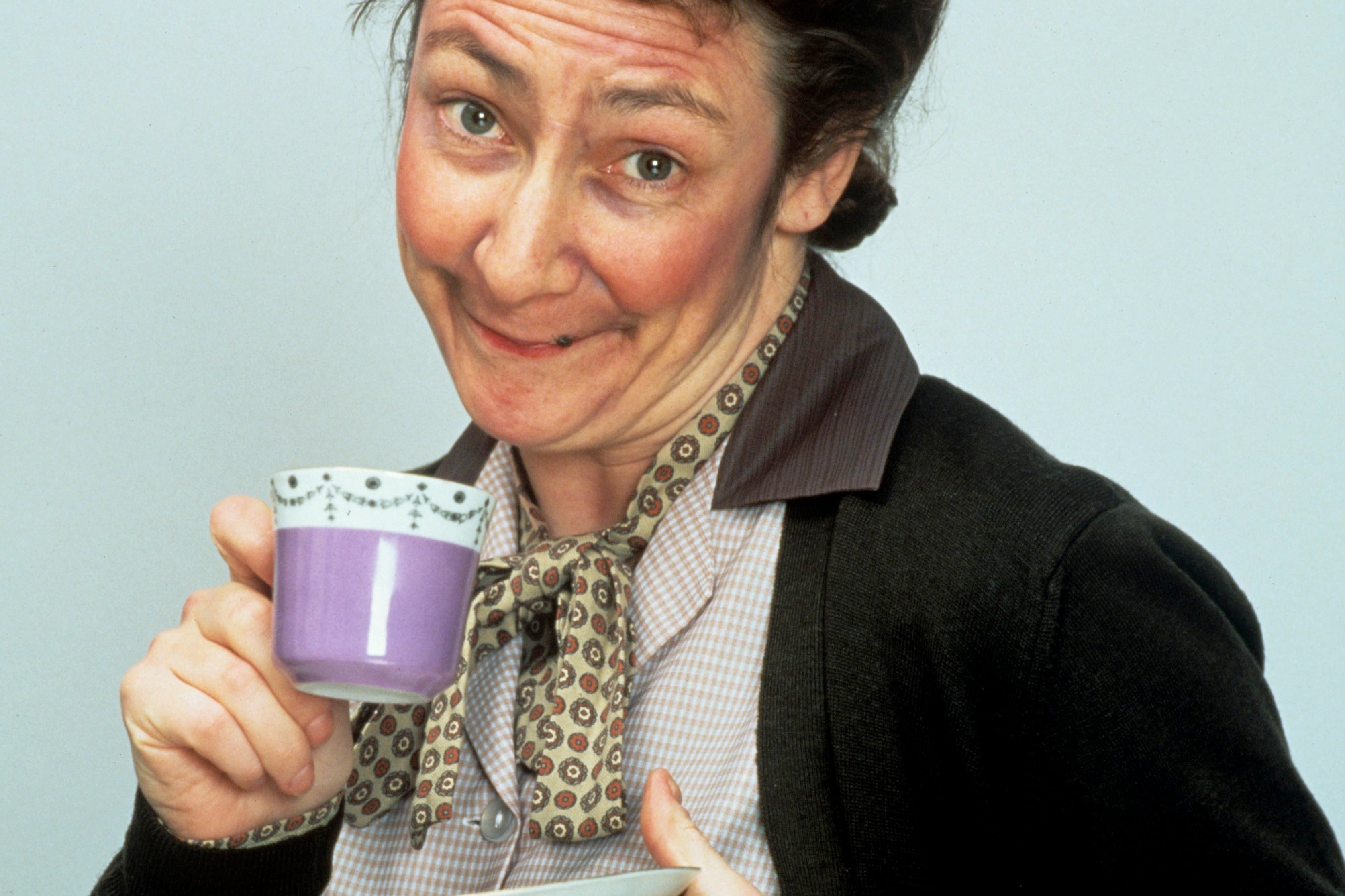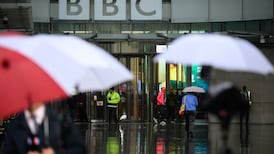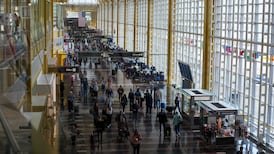The resignation of BBC director general Tim Davie is not just a significant blow to Britain’s public broadcaster. It forms part of a broader and increasingly co-ordinated assault on public service media on both sides of the Atlantic, with implications that stretch well beyond the borders of the United Kingdom.
Davie’s departure on Sunday, along with that of news chief Deborah Turness, follows a tangled series of controversies over recent months: disputes about the BBC’s reporting on the war in Gaza; questions surrounding the political affiliations of journalists working for its Arabic service; and persistent criticism of its supposed political bias. The precipitating factor appears to have been a Panorama documentary broadcast last year which contained misleading editing of Donald Trump’s remarks in the run-up to the assault on the US Capitol on January 6th, 2021.
White House press secretary Karoline Leavitt accused the BBC in the Telegraph of being “100 per cent fake news” and a “propaganda machine”. Her comments were seized upon by the right-wing British press, long hostile to the corporation. On Monday, the US president went further, threatening legal action.
Since stepping down, Davie has defended the BBC’s editorial standards and highlighted the Trump administration’s efforts to intimidate American media outlets since returning to office. It has weaponised every lever available, from aggressive litigation to threats of regulatory punishment, in order to cow major networks and newspapers. And it has stripped federal funding from NPR and PBS, the two pillars of US public broadcasting.
READ MORE
Davie is right to warn that similar political winds could blow across the UK. The BBC has no shortage of opponents on the British right who insist it is captured by a metropolitan liberal-left elite. Its critics argue that the communications landscape has changed so profoundly that the publicly funded institutions conceived by John Reith in the 1920s and 1930s are no longer necessary. Variations of that argument surface periodically in Ireland as well whenever RTÉ finds itself embroiled in controversy, although the debate here rarely carries the same ideological edge.
Large public broadcasters are hardly without flaws. Accusations of groupthink, complacency and overspending are sometimes justified. But the BBC remains one of the great achievements of the post-imperial British state. Its output is trusted by tens of millions at home and many more abroad, and it has long served as a model for broadcasters elsewhere. To dismantle it would constitute an act of extraordinary self-harm.
Public service broadcasters everywhere must innovate and adapt to a transformed media environment. But the principles on which they were founded are still worth defending.
